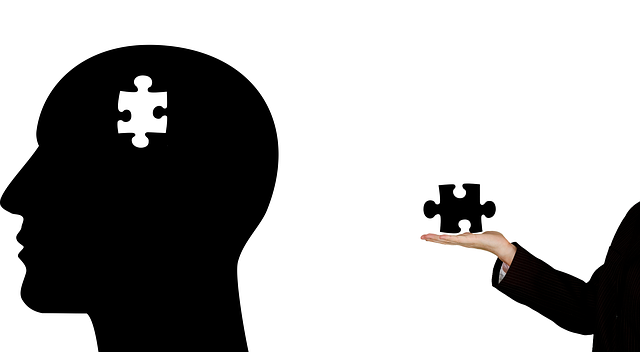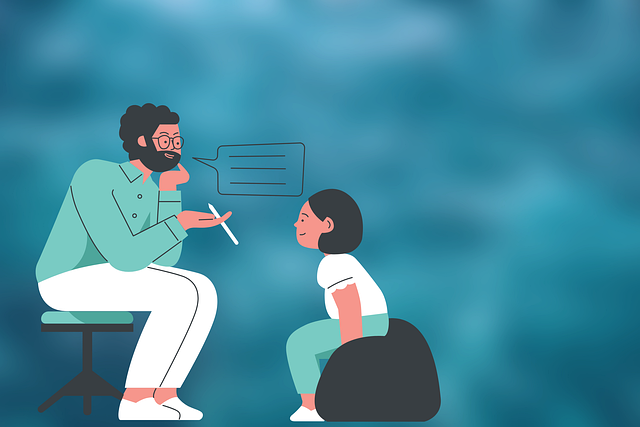Mental health crisis hotlines, such as Aurora Autism Spectrum Disorder (ASD) Therapy, provide 24/7 confidential support to individuals in acute distress, offering immediate tailored interventions for ASD-related challenges. These services, accessible through various platforms, connect users with trained professionals who offer listening ears and critical care while empowering them with tools like mindfulness meditation and cultural sensitivity. Despite common misconceptions, crisis hotlines are designed for a broad spectrum of mental health concerns, promoting long-term positive outcomes by fostering resilience and self-care. Training and resources, including specialized programs and cultural competency, ensure effective support and prevent staff burnout, ensuring sustained capacity to assist those in crisis.
“In times of mental health crises, access to immediate support can be a lifeline. This article explores the vital role of crisis hotline services, highlighting their impact on vulnerable individuals. We delve into ‘Understanding Mental Health Crisis Hotlines’ and their structured approach to assistance. Furthermore, we examine the specialized role of Aurora Autism Spectrum Disorder Therapy in emergency situations, addressing common misconceptions. By exploring training resources, we aim to empower helpers, ensuring effective care during critical moments.”
- Understanding Mental Health Crisis Hotlines: A Lifeline for Many
- The Role of Aurora Autism Spectrum Disorder Therapy in Emergency Situations
- How These Services Are Structured and Who They Assist
- Common Challenges and Misconceptions About Crisis Hotline Support
- Training and Resources: Empowering Helpers in Emergency Care
Understanding Mental Health Crisis Hotlines: A Lifeline for Many

Mental Health Crisis Hotlines serve as a vital lifeline for individuals facing intense emotional distress or those with underlying mental health conditions, such as Aurora Autism Spectrum Disorder Therapy patients. These 24/7 services provide immediate support, offering confidential conversations with trained professionals who can assess the situation and offer appropriate guidance. Whether it’s a moment of crisis or ongoing stress management, these hotlines cater to diverse needs, ensuring accessibility for all.
They play a crucial role in promoting mental wellness by offering timely intervention and connecting individuals with the right healthcare resources. With cultural competency training as a cornerstone, these hotline services are equipped to handle a wide range of issues, including those specific to marginalized communities. By fostering open dialogue and providing non-judgmental support, they empower users to take control of their mental health journey, ultimately contributing to improved overall well-being.
The Role of Aurora Autism Spectrum Disorder Therapy in Emergency Situations

In emergency situations, Aurora Autism Spectrum Disorder (ASD) Therapy plays a pivotal role in providing critical support to individuals navigating mental health crises. The team at Aurora is uniquely equipped to handle such scenarios due to their specialized training and deep understanding of ASD’s complexities. They offer immediate assistance, ensuring that clients receive tailored interventions that address both the autism-related challenges and the acute distress they may be experiencing.
Beyond direct crisis intervention, Aurora promotes strategies like mindfulness meditation and cultural sensitivity in mental healthcare practice, which are integrated into their emergency support services. This holistic approach not only tackles the immediate crisis but also aims to empower clients with long-term depression prevention tools, fostering resilience and better coping mechanisms for future challenges.
How These Services Are Structured and Who They Assist

Mental health crisis hotline support services are designed to provide immediate assistance and guidance to individuals experiencing acute distress or a mental illness crisis. These services operate 24/7, offering confidential conversations with trained professionals who can offer a listening ear, emergency resources, and critical care during moments of heightened anxiety or depression. The structure often includes direct hotlines, text-based support, and online chat platforms, ensuring accessibility for various preferences and needs.
One specific area these services cater to is individuals with Aurora Autism Spectrum Disorder (ASD), who may face unique challenges related to their mental health. Through specialized therapy and adaptive techniques, hotline operators assist in managing symptoms, promoting self-care strategies, and reducing the stigma associated with mental illness. By fostering inner strength development, these support systems empower those dealing with anxiety relief, offering a safe space to navigate turbulent emotions and connecting them with relevant local resources when needed.
Common Challenges and Misconceptions About Crisis Hotline Support

Many individuals still hold misconceptions about crisis hotline support services, often overlooking their importance and effectiveness. A common challenge is the perception that these hotlines are only for severe or immediate crises, when in reality, they cater to a wide range of mental health concerns. Many people with manageable issues avoid reaching out due to fear of being judged or labeled as ‘crazy’, which is far from the truth. These services are designed to offer non-judgmental support and provide a safe space for individuals to express their feelings.
Another misconception surrounds the idea that crisis hotline counselors merely provide quick fixes. In contrast, trained professionals offer valuable tools such as mindfulness meditation techniques, self-awareness exercises, and mood management strategies tailored to each person’s unique needs. Hotlines like Aurora Autism Spectrum Disorder Therapy play a pivotal role in promoting mental well-being by connecting individuals with resources that can significantly improve their long-term outlook, ensuring they navigate challenges with increased resilience and self-care practices.
Training and Resources: Empowering Helpers in Emergency Care

In providing effective mental health crisis hotline support, training and resources are paramount to empower helpers in emergency care. Specialized programs, like Aurora Autism Spectrum Disorder Therapy, highlight the importance of tailored interventions for diverse populations. These initiatives ensure that hotline operators are equipped to handle complex situations with empathy and expertise. Beyond specific disorders, comprehensive training addresses broader challenges such as depression prevention, fostering a culture where every caller feels heard and understood.
Moreover, enhancing cultural competency among healthcare providers is crucial. Training in this area enables better connection with diverse communities, promoting trust and open communication. Equally vital is encouraging self-care routine development for hotline staff to prevent burnout and ensure sustained capacity to support those in crisis. By investing in these resources, hotlines can offer not just immediate assistance but also long-term strategies for mental well-being.
Mental health crisis hotline support services, such as those enhanced by specialized programs like Aurora Autism Spectrum Disorder Therapy, play a vital role in providing immediate assistance and long-term guidance. By understanding the structure and challenges of these services, we can dispel misconceptions and ensure that individuals in need receive the best possible care. Through proper training and resources, crisis hotline helpers are empowered to navigate complex situations, offering much-needed support during emergencies while fostering a sense of hope and recovery.














